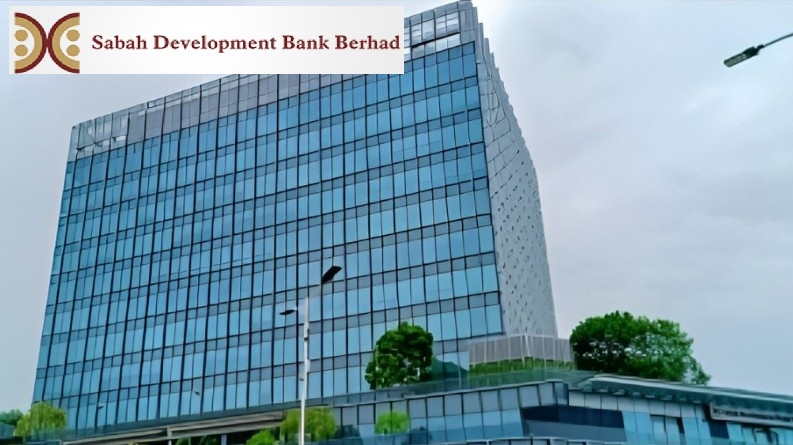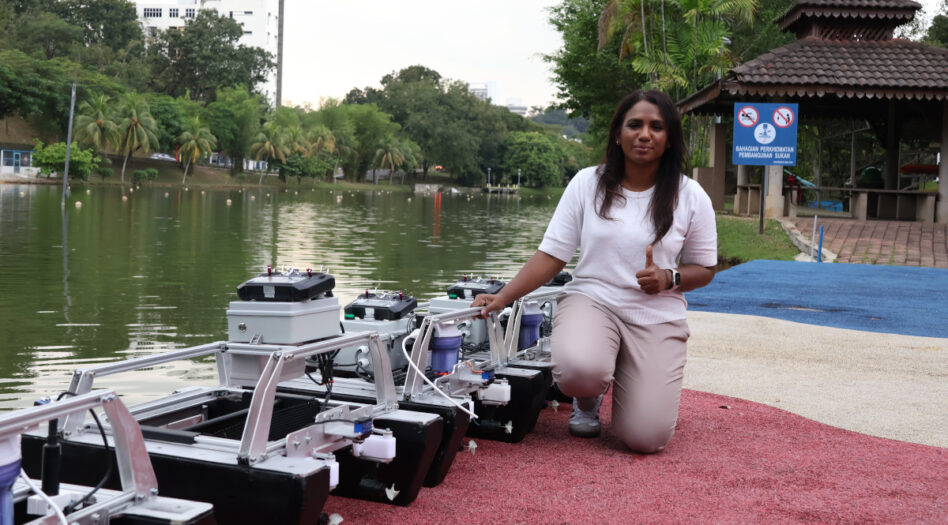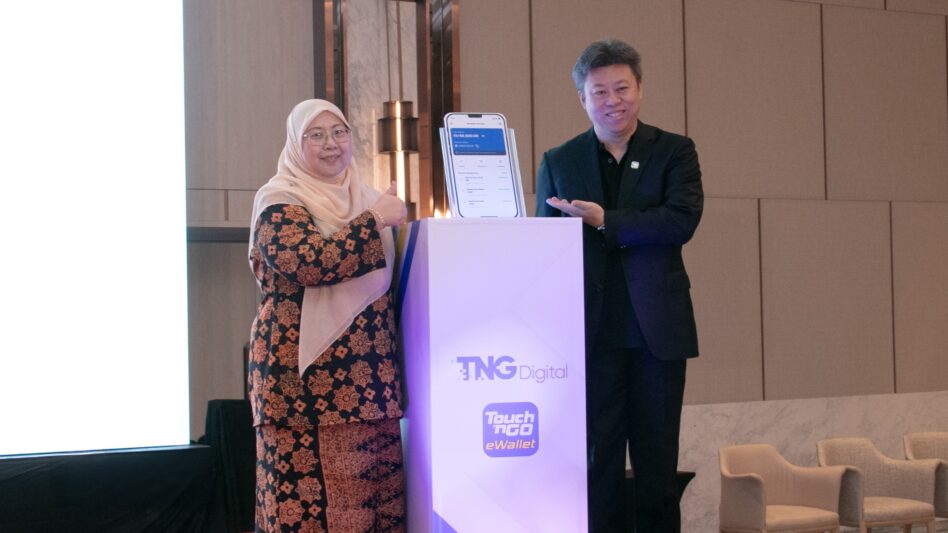THE Sabah state government under Gabungan Rakyat Sabah (GRS) is continuing to signal a firmer commitment towards transparency and accountability in managing state institutions.
Towards this end, the Sabah Development Bank (SDB), one of the state’s most important financial institutions, has filed a RM1.97 bil lawsuit against global audit giant Ernst & Young (EY), alleging negligence in its audit work between 2017 to 2022, sources told FocusM.
According to court documents sighted by FocusM, EY is accused of failing to detect serious financial irregularities during its audits, contributing to the accumulation of more than RM2.2 bil in non-performing loans (NPLs) and substantial losses for SDB.

Initiated after an internal review under the Sabah leadership, the lawsuit marks a decisive step by the GRS administration to address long-standing financial problems at the bank.
The case also represents a broader effort to safeguard public funds and reinforce integrity across government-linked institutions.
In its statement of claim, SDB outlined 17 key points of alleged audit negligence by EY, including:
- Failure to detect over RM2.2 bil in NPLs
- Weak internal controls and failure to identify credit risks
- Reliance on outdated collateral valuation reports which lead to asset misstatements
- Audits conducted without professional scepticism
- Use of “creative accounting” to mask financial weaknesses through loan “evergreening” practices
EY is also accused of having been aware of the true extent of asset impairments since 2017 but failing to advise SDB to make appropriate provisions, allegedly to maintain a positive financial image for the bank in order to support its bond and market borrowings.
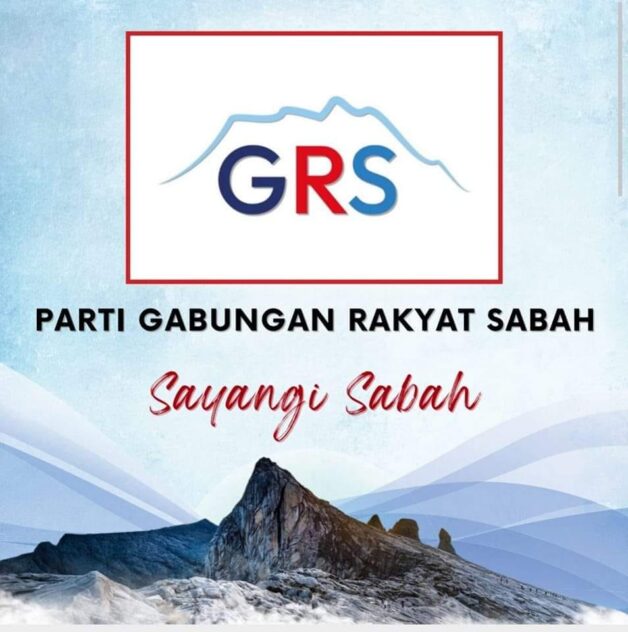
Clamping down on mismanagement
On July 10 last year, State Finance Minister Datuk Masidi Manjun disclosed in the State Legislative Assembly that as of May 2023, a staggering 75% of SDB’s RM6.6 bil loan portfolio had turned non-performing or impaired.
He revealed that the former management had engaged in “creative accounting” whereby new loans were issued to delinquent borrowers to repay old debts, thus masking the true extent of the NPL problem.
Between 2017 and 2022 alone, the previous leadership allegedly “fabricated” RM580 mil in book profits by recycling credit and recording unpaid interest as paper gains.
Worse, many loans were approved without proper due diligence, allowing unqualified borrowers to tap into public funds.
The bank’s bond-driven funding model also worsened its liabilities as repayments fell short of bond maturities, thus forcing SDB to borrow further just to stay afloat.
While financial mismanagement of this scale would once have been quietly buried, the present administration has chosen transparency.

‘Cleaning up the dirt’
The move comes as part of a wider approach under Chief Minister Datuk Seri Hajiji Noor’s leadership.
Based on new report, several individuals, including GRS assemblymen, are expected to be charged in court soon over alleged misconduct involving state-issued mining licenses.
Throughout that investigation, the Sabah state government has publicly committed to giving full cooperation to the Malaysian Anti-Corruption Commission (MACC) with no political interference.
The MACC has since clarified that the Chief Minister was not among those under investigation, and enforcement officials acknowledged the state’s openness during the probe.
Together, these developments point to a shift in Sabah’s political and administrative culture that prioritises public accountability over political convenience.
In SDB’s case, EY was continuously appointed as external auditor by the previous state governments. However, it was only after the GRS government took over the state administration and new management was appointed at SDB that the true scale of the losses was uncovered.
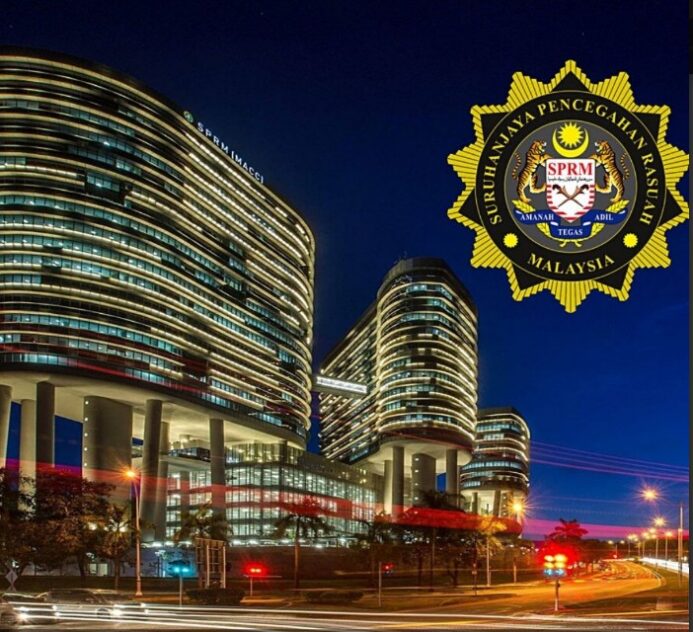
Since assuming oversight of SDB in mid-2023, the GRS administration has taken steps to overhaul the bank’s governance. The bank was formally placed under the Chief Minister’s Incorporation and the State Treasury with the new board launching sweeping reforms.
These include a full internal audit, re-classification of loans in line with Bank Negara Malaysia (BNM) standards and legal action against 43 NPL borrowers.
Professional recovery agencies have been engaged with the board targeting the recovery of RM1 bil in NPLs annually over three years.
In the first year alone, SDB recovered RM1.9 bil in legacy loans from government-linked companies (GLCs) while reducing the bank’s bond obligations from RM5 bill to RM3.3 bil.
In early 2024, SDB rejected RM1.5 bil worth of new loan applications after stricter credit reviews, signalling a renewed focus on financial discipline.
Very broadly, this lawsuit sends a clear message that even large corporate players will be held accountable if public interests are harmed. It also underscores the expectation that auditors, banks and other state-linked entities must meet higher governance standards going forward.
Looking ahead, the GRS-led government is expected to pursue further improvements to financial oversight across state agencies and government-linked companies.
The ultimate aim is to prevent a repeat of past failings, ensure stronger protections for public funds and build public confidence in Sabah’s key institutions.
As the state continues to focus on economic development, job creation and investor confidence, this latest move shows that governance reforms remain a key part of the agenda. – June 19, 2025
Main image credit: Sabah Development Bank’s website


